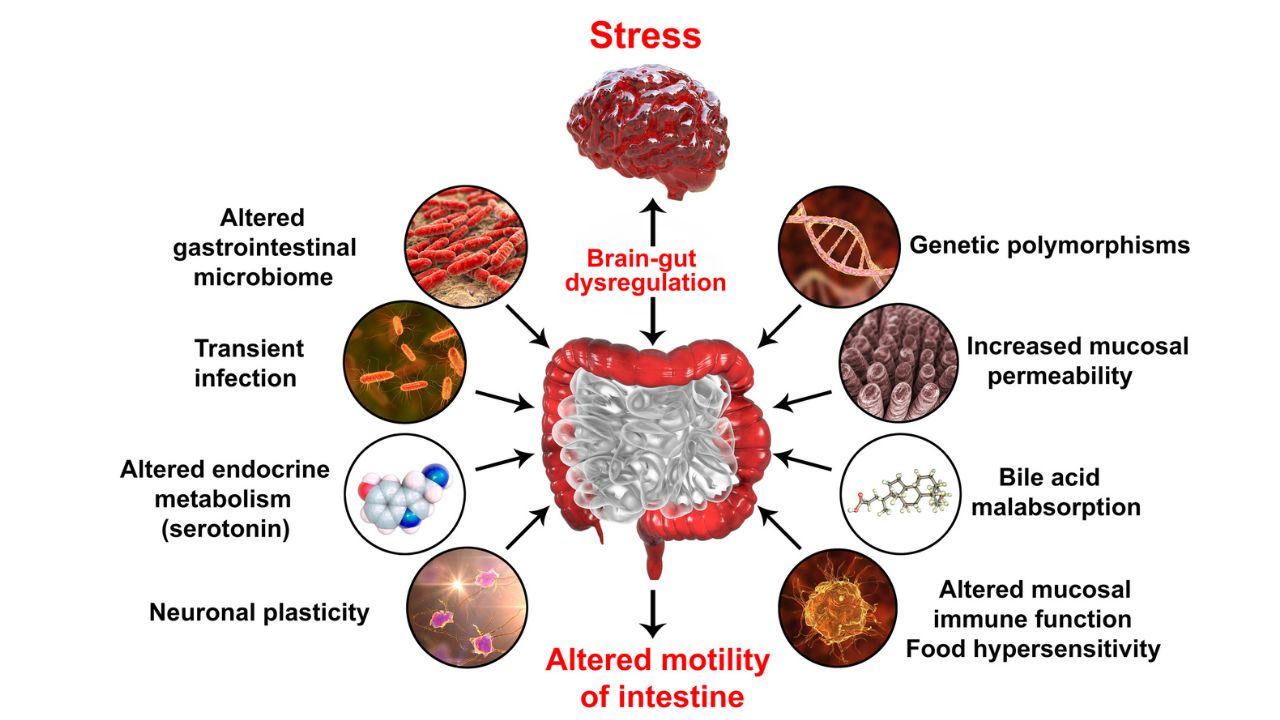Stress-Related Digestive Issues

Yoga can be an effective remedy for managing stress-related digestive issues by promoting relaxation, improving digestion, and reducing stress levels. When stress and anxiety are present, they can impact the digestive system and lead to symptoms such as indigestion, bloating, constipation, or diarrhea. Here are some yoga practices that can help alleviate stress and support digestive health:
- Deep Belly Breathing: Practice deep belly breathing (also known as diaphragmatic breathing) to activate the relaxation response and reduce stress. Sit or lie down in a comfortable position, place one hand on your belly, and take slow, deep breaths. Focus on expanding your belly as you inhale and gently contracting it as you exhale. Deep belly breathing calms the nervous system and promotes relaxation, which can positively impact digestion.
- Gentle Twists: Twisting yoga poses help massage the internal organs and stimulate digestion. Practice gentle twists such as Bharadvajasana (Bharadvaja’s Twist) or Ardha Matsyendrasana (Half Lord of the Fishes Pose). As you twist, focus on deep breathing and allow the twist to be gentle and supported. Twists help release tension in the abdominal area and improve digestion.
- Cat-Cow Pose: Start on your hands and knees, and as you inhale, arch your back and lift your chest forward (Cow Pose). As you exhale, round your back and draw your belly button toward your spine (Cat Pose). Repeat this fluid movement several times, coordinating the breath with the movement. Cat-Cow Pose helps release tension in the spine and stimulates the digestive system.
- Extended Triangle Pose (Utthita Trikonasana): Stand with your legs wide apart. Turn your right foot out 90 degrees and extend your arms to the sides. Reach forward with your right hand and lower it to your right shin, ankle, or a block. Extend your left arm up toward the ceiling. Maintain a steady breath and hold the pose for several breaths. Extended Triangle Pose stretches the abdominal area and promotes digestion.
- Savasana (Corpse Pose): Lie on your back with your arms and legs relaxed alongside your body. Close your eyes and focus on deep relaxation. Allow the entire body to release tension, including the digestive system. Stay in this pose for several minutes, focusing on your breath and letting go of stress. Savasana promotes overall relaxation and can have a positive impact on digestive health.
- Mindfulness Meditation: Engage in regular mindfulness meditation to reduce stress and promote overall well-being. Find a comfortable seated position, close your eyes, and bring your attention to the present moment. Focus on your breath, bodily sensations, and thoughts without judgment. Regular mindfulness practice helps reduce stress and promotes a healthier mind-body connection.
Remember to approach these practices with patience and listen to your body’s needs. If you have any specific digestive issues or concerns, it’s advisable to consult with a healthcare professional. They can provide tailored guidance and ensure that yoga practices are suitable for your individual needs.
In addition to yoga, adopt a healthy lifestyle that includes balanced nutrition, regular exercise, adequate hydration, and stress management techniques. This holistic approach can support digestive health and overall well-being.
Specific Content Keywords : long term effects of stress on the digestive system,stress and intestinal inflammation,psychosomatic stomach issues,how stress affects the digestive system,how to calm a nervous digestive system,stress can cause damage to the stomach by,holding stress in stomach,which of the following place high stress on your intestines,stress related digestive issues,stress causes digestive issues,can stress cause gastrointestinal problems,why does stress cause digestive problems,why does stress cause stomach issues,why does stress cause gi issues,can chronic stress cause stomach problems,stress related digestive problems.

